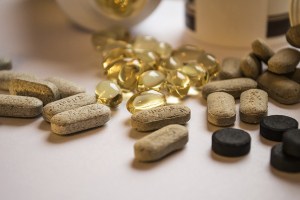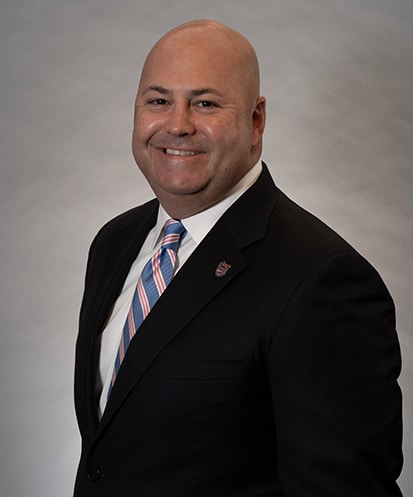What is in Your Weight Loss Supplements?
 As of 2013, the U.S. segment of the global market for weight loss products is more than $60 billion, with $2.69 billion for meal replacements and weight loss supplements. About half of American adults were trying to lose weight, according to a Marketdata Enterprises Inc. report.
As of 2013, the U.S. segment of the global market for weight loss products is more than $60 billion, with $2.69 billion for meal replacements and weight loss supplements. About half of American adults were trying to lose weight, according to a Marketdata Enterprises Inc. report.
Millions of Americans take weight loss supplements in an effort to lose weight and get in shape, but are the products that they are spending their hard earned money on safe? Could the products that they are taking in an effort to improve their health actually put them in danger? A new study published in the journal, Drug Testing and Analysis, looked at several weight loss supplements that contained an amphetamine isomer, β-methylphenylethylamine (BMPEA) which has never been studied in humans.
Beware the danger of harmful, hidden ingredients
Two years ago the FDA analyzed dietary supplements and detected the presence of BMPEA in products labelled as containing Acaia rigidula in 21 different brands. The report’s summary advises that the FDA should immediately warn consumers about the presence of BMPEA in those products and take aggressive enforcement action to eliminate the substance from dietary supplements.
The FDA’s response from JuliAnn Putnam, a spokeswoman for the FDA, was that “our review of the available information on products containing BMPEA does not identify a specific safety concern at this time.”
In an article in the Washington Post, a clinical chemist, Roy Gerona from the University of California-San Francisco said that it was dangerous for the FDA not to inform consumers about the dangers of BMPEA. Similar amphetamine stimulants are known to increase blood pressure, and cause cardiovascular complications, suppress sleep and appetite and be addictive.
The FDA does not approve dietary supplements
When you see marketing materials for weight loss supplements and they say that they are “FDA approved,” now you know that is essentially false. Dietary supplement manufacturers do not need FDA approval before they can put their pills on store shelves. They don’t even have to prove that the product contains what the label says it contains, that it actually even does anything beneficial, or that it doesn’t cause any harm. The FDA leaves it up to the company selling the product to make sure that the products they sell are safe and that the claims they make about it are true.
The FDA urges consumers to report to them when they have received an adverse effect from a supplement. When they have received enough complaints from consumers and their doctors, the FDA may conduct an analysis of the product and then publish a warning that advises consumers not to purchase that product. The FDA also warns consumers to beware of fraudulent dietary supplements, and has a listing its website of the warning signs that a product might be dangerous.
Too many unsuspecting Americans have been lured in by weight loss products that promise incredible results, and then they end up paying the price when these products damage their health.
If you have had an adverse reaction to taking a weight loss supplement first visit your doctor and bring the supplements with you. Let them know of the symptoms you have been experiencing. You may also want to talk to a products liability attorney about your case.
If you have suffered an illness or any health related issues after having taken a tainted weight loss supplement or any other defective drug, then we want to hear your story. Please contact Jonathan Nace of Paulson & Nace, PLLC to learn more.

Christopher T. Nace works in all practice areas of the firm, including medical malpractice, birth injury, drug and product liability, motor vehicle accidents, wrongful death, and other negligence and personal injury matters.
Read more about Christopher T. Nace.
